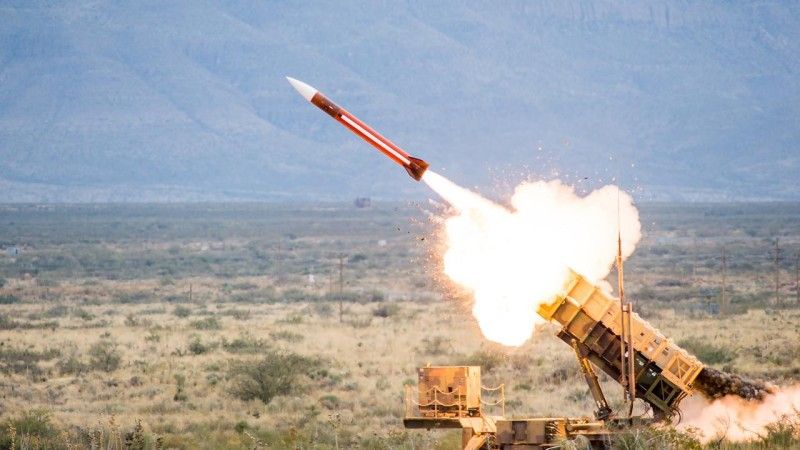Industry
Expert: what will be the future of the offset in Poland?

When purchasing military equipment, the 30/70 rule applies. 30% is paid when purchasing, the remaining 70% - throughout the life cycle of the equipment - usually 20-30 years. American corporations know it very well and use it very well - is written in an article prepared by Jaroslaw Kruk for Defence24.
In recent days, the offset agreement related to the first phase of ‘Wisła’ programme and contract for the supply of equipment under the first phase
In general, it is very good news for the Polish Armed Forces and the industry. Our air defense is weak and if I may put it rather colloquially- is “somewhat lacking” – with the exception of the lowest level and missile defense simply just does not exist. Our industry got a huge chance but if it will seize that opportunity, depends only on it, partners and MoD’s politics in the field of purchase- in the part which is handled by the Inspectorate for Armed Forces Support.
At the end of 2017, we were informed about the conclusion of
When purchasing military equipment, the 30/70 rule applies. 30% is paid when purchasing, the remaining 70% - throughout the life cycle of the equipment - usually 20-30 years. American corporations know it very well and use it very well. For the post-warranty service, consumables and, in particular, any modernization, adaptation to the changing conditions of the battlefield it is necessary to pay very dearly. The cooperation with American companies is such that if you do not provide something in the initial contract - then it is very difficult to change its terms.
30/70 rule is well-known by lobbyists and advisors, who instigate decision-makers to simple purchases, without any offset and industrial co-operation - they act in their own interest. They obtain
After the information that Romania and Sweden purchased the ‘Patriots’ some of our prominent media started a discussion: why do we need offset? We should buy immediately, because it will be cheaper, etc. Will it be cheaper? - There is no guarantee- but for sure it will be better for those who order goods like these.
With this ‘cheapness’, it is not so simple. Offset or industrial co-operation in the arms trade appear in over 140 countries in the world. Both those belonging to the western world and those that purchase arms mainly from Russia or China. Global corporations spend large sums on it. For example, a corporation which annual turnover is USD 20 billion spends for offset/industrial co-operation USD 2 billion. Therefore, to each sold piece of military equipment, it must add at least 10% or even more for example 15-20% costs of offset/industrial-operation. Member of the board, who is responsible for financial matters
And now, a few words about the offset law. Essential interests of State security are mentioned at least seven times in the act directly or in reference to the Article 346 of the European Treaty. The conclusion is clear – the essential interests of the state security are the key to understood offset and interpret the new offset law. It does mean that to one supply contract it is possible to apply offset to its one part, to another part buy a license and start production of some equipment or its part. All methods may be applied simultaneously. That issue will be further explained in the next article. Here also raises a very important issue for
And here is the huge risk for